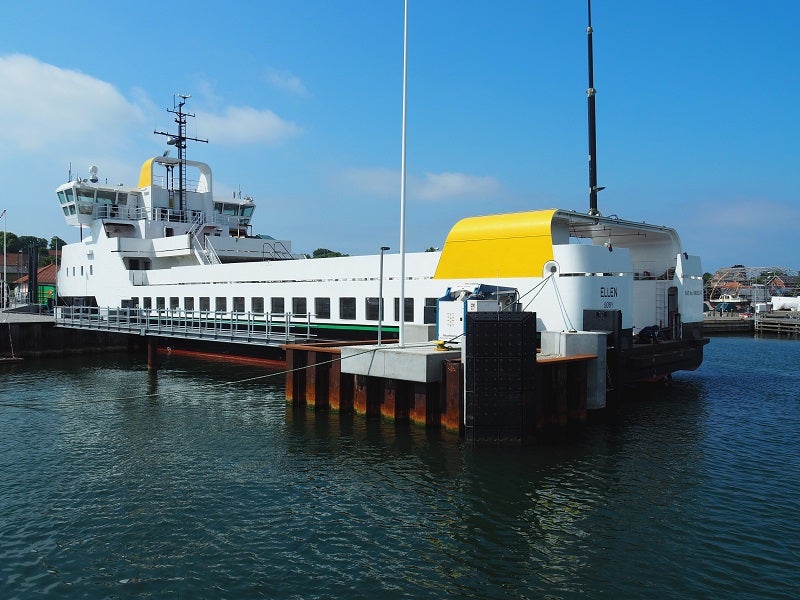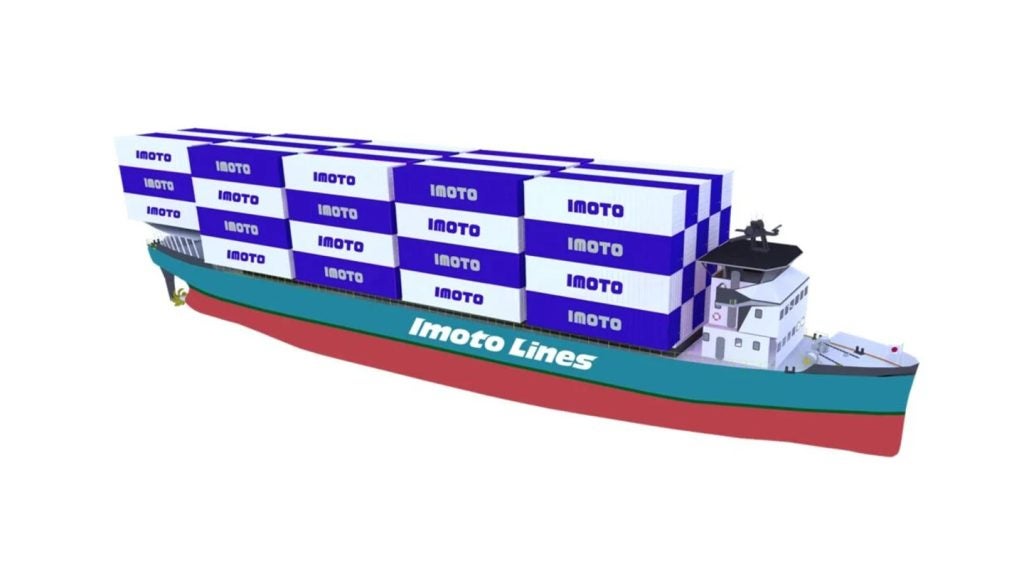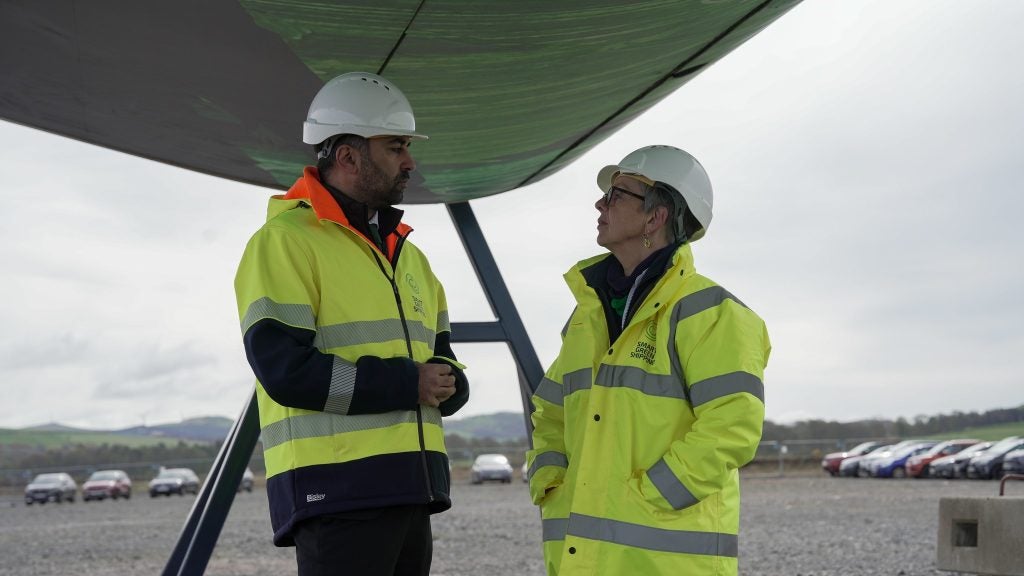
In the last few years, the carbon footprint produced by the international shipping industry has become a well-known fact. According to a study conducted by the International Maritime Organisation, the maritime sector produced 940 million tonnes of CO2 per year, contributing between 2.5% and 3% of global greenhouse gases emissions.
To find an alternative to fossil fuels, the sector has been working on different solutions, including electric ships powered by lithium-ion batteries, which are usually the biggest individual batteries in the whole electric vehicle sector.
Tracked by market research company IDTechEx, here are some of the electric ship projects with the biggest battery capacity.
Stena Jutlandica – 50,000kWh
Ferry operator Stena Line is planning to add a 1,000kWh battery system to its Stena Jutlandica ferry, which operates between the cities of Gothenburg, Sweden and Frederikshavn, Denmark.
The project began in 2018 and is made up of three phases, the first of which is the battery installation. Phase two involves the installation of a 20,000kWh battery park, which will create ten miles of pure electric range, while phase three will focus on getting the battery capacity to 50,000kWh. The amount of energy will enable the ferry to travel the distance between the two cities.
How well do you really know your competitors?
Access the most comprehensive Company Profiles on the market, powered by GlobalData. Save hours of research. Gain competitive edge.

Thank you!
Your download email will arrive shortly
Not ready to buy yet? Download a free sample
We are confident about the unique quality of our Company Profiles. However, we want you to make the most beneficial decision for your business, so we offer a free sample that you can download by submitting the below form
By GlobalDataThe project is part of Stena Line’s sustainability strategy. “Sustainability is very high on our agenda and we are constantly evaluating new ways to reduce our impact on the environment,” said Stena Line CEO Niclas Mårtensson in a press release.
“As both the size and cost of batteries decrease, battery operation becomes a very exciting alternative to traditional fuels for shipping, as emissions to air can be completely eliminated.”
AIDAperla – 10,000kWh
Energy storage solutions provider Corvus Energy has supplied German cruise line AIDA Cruises with a 10,000kWh lithium-ion battery system, the largest pack to ever be delivered to a ship.
The battery was installed this year on the company’s AIDAperla cruise ship, which can carry more than 4,000 passengers and cruise members.
“It is not only the largest battery pack ever ordered; it is also the first regular cruise vessel with [a] battery on board,” commented Corvus Energy CEO Geir Bjørkeli. “The cruise industry is seeing the potential in energy storage as the benefits are numerous—not only for emission reductions but also for comfort and safety reasons.”
Due to the Covid-19 pandemic, the AIDAperla cruise remained in Barbados for a month setting sail back to Europe at the end of April. In July, the company announced that AIDAperla would be one of the first cruise ships to resume operations, departing from Hamburg on 5 August.
Ellen – 4,300kWh
After taking five years to build, the Ellen pure electric ferry project completed its ten-month sea trial in June.
The ferry, which will operate in the Danish part of the Baltic Sea, is part of the E-Ferry project and was partially funded by Horizon 2020, the biggest research and innovation programme funded by the EU.
Out of a total project cost of €21.3m, the EU provided €16m.
With a 4,300kWh battery system and a 4MW charging rate, Ellen will offset 2,000 tonnes of CO2, as well as 41.5 tonnes of NOx and 1.35 tonnes of SO2.
Project e5 – 4,000kWh
Japanese marine transportation company Asahi Tanker has been working on two electric propulsion tankers, which will operate as fuel supply vessels in the bay of Tokyo.
The tanker will use the e5 model designed by e5 Lab, a joint venture between Asahi Tanker and Mitsubishi amongst others.
Project e5 was born as a solution to challenges faced by the Japanese shipping industry, including cutting greenhouse emissions and labour shortages.
The name e5 stands for the project’s tenets, which include electrification, environment, evolution, economy and efficiency.
Guangzhou tanker – 2,400kWh
Chinese company Guangzhou Shipyard launched in 2017 the world’s first electric container ship, putting it in commercial use a year later.
As reported by Quartz, the 70m-long and 14m-wide tanker has a battery system made up of more than 1,000 lithium-ion batteries and supercapacitors, giving the vessel the autonomy to travel up to 80km.
In 2017, state-owned news website Chinanews reported that the vessel would travel through the Pearl River in the southern province of Guangdong, transporting 2,314 tonnes of coal to a power plant.






